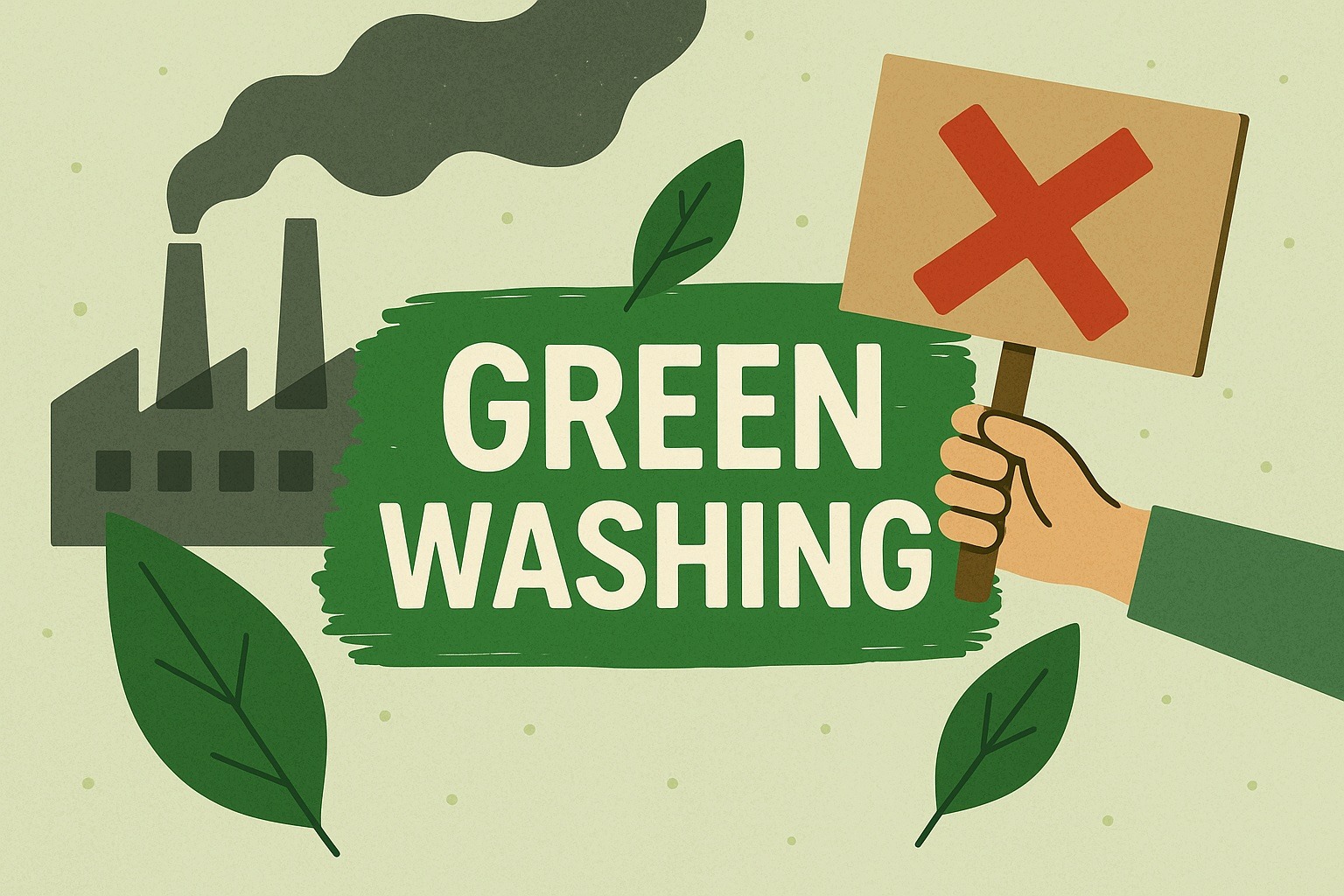Sustainability starts with you
Too often, organisations talk about sustainability as though it’s a line item waiting for budget approval — a project that can only begin once the right funding or policy is in place. But that mindset delays progress. Real change doesn’t start with a budget; it starts with behaviour.
From the cleaner who ensures recycling bins are used properly, to the CEO who insists on transparency and accountability, sustainability is everyone’s responsibility. Every person, process, and decision can either advance or hinder a company’s sustainability journey.
So, where do you start?
Redefine roles: Sustainability Is part of every job
Ask yourself — do your employees see sustainability as part of their day-to-day responsibilities? Do your leaders model it? Do your HR policies, training programmes, and recognition schemes reinforce it?
When sustainability is seen as “someone else’s job,” momentum stalls. But when it’s built into every role — from finance to facilities — it becomes part of how work gets done. The conversation shifts from ‘should we’ to ‘how will we.’
Even recruitment has a role to play. Keeping job roles open too long, excessive applications, or inefficient digital tools all contribute to a carbon footprint. Rethinking hiring processes to be leaner, more purposeful, and more sustainable sets the tone early. It signals to new hires that your company culture walks the talk.
Build It into culture, not campaigns
Sustainability can’t thrive on posters and annual training sessions. It takes daily reinforcement — in how people lead, collaborate, and make decisions.
Managers should be discussing sustainability in team meetings and one-to-ones. Performance reviews and incentive structures should reflect sustainable behaviours and outcomes, not just targets met or profits gained.
And recognition matters. When people see their actions — whether big or small — acknowledged as contributing to a more sustainable organisation, the culture starts to shift. Over time, sustainability stops being an initiative and becomes the norm.
Measure what really matters
Training completions and policy updates are easy to track, but they only scratch the surface. The real indicators of progress lie in behaviours, values, and decision-making.
Ask:
- Do employees feel empowered to make sustainable choices in their roles?
- Is sustainability part of how success is measured and rewarded?
- Are leaders consistently modelling the behaviours they promote?
How employees feel about the organisation’s purpose, and how aligned they are with it, is as instrumental as formal indicators like green benefit uptake, volunteering participation, ESG-linked performance goals, or engagement and perception measurements. That’s where cultural change reveals itself.
Lead from every level
True sustainability doesn’t wait for executive approval. It grows when everyone takes ownership. It’s the cleaner turning off unused lights. It’s the procurement officer choosing suppliers with shared values. It’s the CEO weaving sustainability into strategy and storytelling alike.
Change isn’t always top-down — sometimes it’s sparked by the everyday choices of people who care enough to act.
A final thought
When sustainability lives in the culture — in how people think, work, and make decisions — it’s no longer a side project. It becomes a source of resilience, innovation, and trust.
At The Corporate Reporters, we’ve seen how the right storytelling, structure, and strategy can help organisations translate sustainability intentions into tangible results. If you’re ready to start that journey, we can help you show — not just say — that sustainability truly starts with you.

